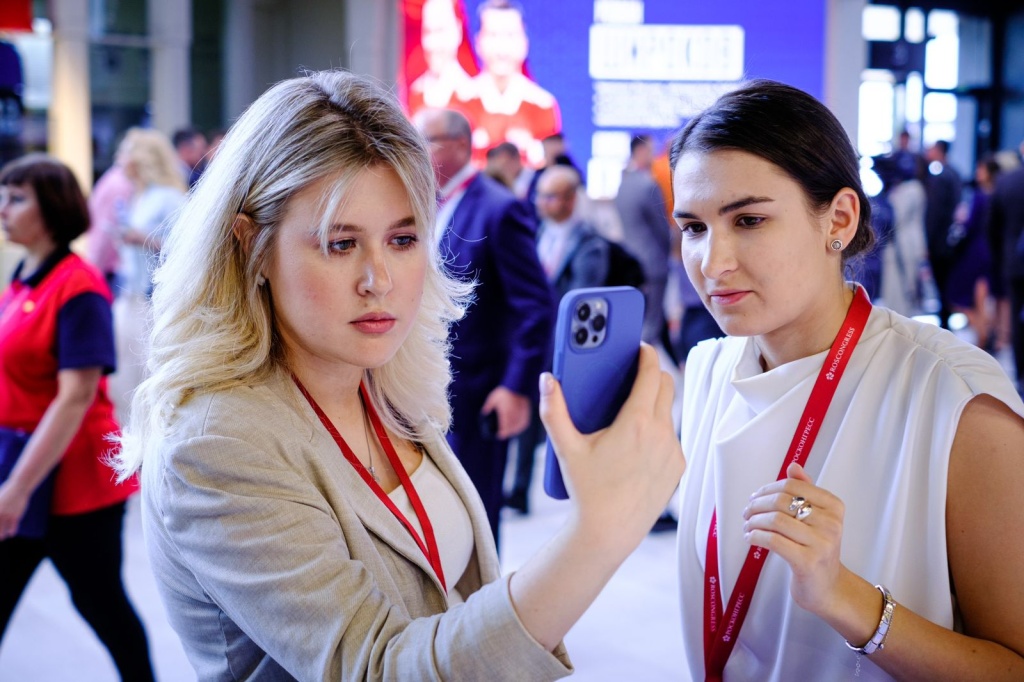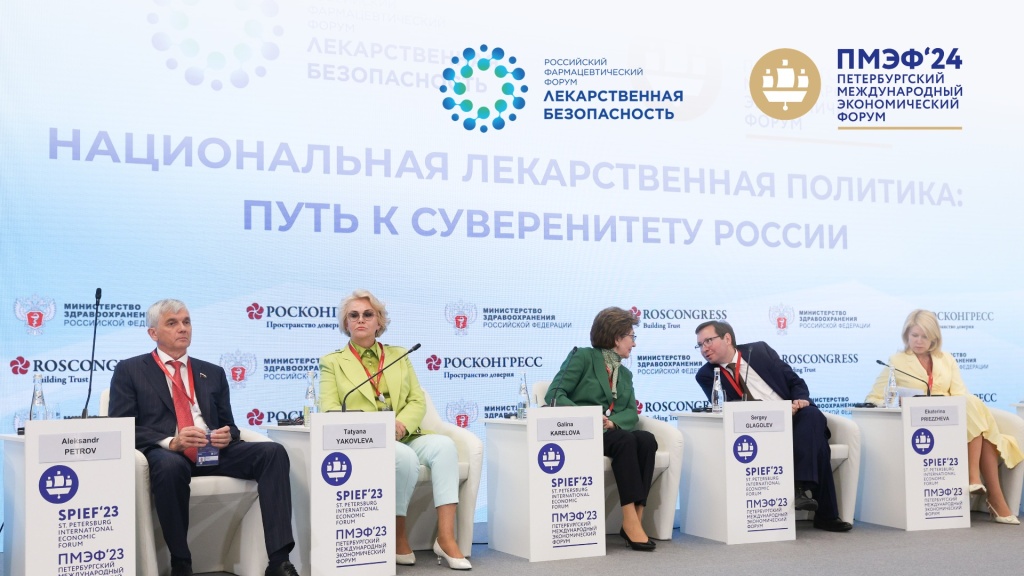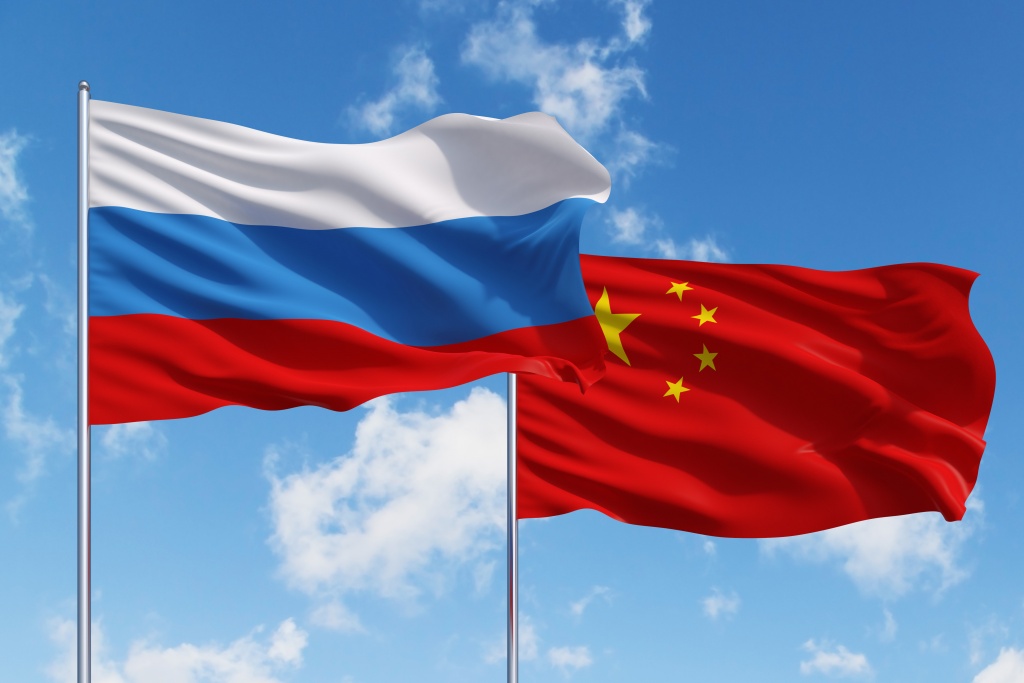
Russia and Norway discuss prospects for expanded trade and economic relations
The Russian Federation’s Trade Representative to the Kingdom of Norway Alexander Anikin participated in an interactive roundtable organized by the Norwegian-Russian Chamber of Commerce (NRCC) in Oslo on September 6 to discuss the current state of Russian-Norwegian trade and economic relations, and prospects for future development.
In his speech, Mr. Anikin commented on the results of the twentieth St. Petersburg International Economic Forum (SPIEF 2016), one of the leading Russian platforms for developing international partnerships, which was held in June this year. He noted the scale and status of the event, the number and total value of agreements signed, the high level of interest shown by international business in the Russian economy, and the participation of Liv Monica Stubholt, Chair of the NRCC Board, in the Forum.
Of most interest to Norwegian business was the Conference on the Economic Development of the Arctic, which was held at SPIEF for the first time. Russia and Norway see the Arctic as a priority area for economic and foreign policy. They manage shared fish stocks and have a common interest in the sustainable development of Arctic offshore hydrocarbon deposits and the effective resolution of ecological and climate issues. The continued participation of Norwegian business and government in the Conference could therefore bring bilateral Russian-Norwegian trade and economic relations to a new level. This would allow for the diversification of trade between the two countries and a broader exchange of advanced technologies.
Mr. Anikin also used his presentation to announce the next St. Petersburg International Economic Forum (SPIEF 2017), which will take place on June 1–3, 2017, and gave an overview of the current state of Russian-Norwegian trade. He noted that while turnover for the first seven months of 2016 had dropped 16% in dollar terms, it had remained virtually unchanged in physical volume, a result which could be put down to the current global economic situation and changes in exchange rates.
The Trade Representative’s claims were backed up by contributions from other participants, who gave an objective assessment of the current economic situation in Russia and potential bottlenecks for the development of bilateral cooperation resulting from the ongoing sanctions against Russia and Russian countermeasures.
One example was the presentation given by the international law firm DLA Piper, which has offices in both Norway and Russia. The Legal Director of the company’s Russian office, Alexey Aronov, gave an overview of changes made to bilateral trade legislation in the last few years, connected with the introduction of Russia’s import substitution programme. The head of East Capital’s Norwegian office, Erik Haukaa, gave an assessment of the Russian economic situation in the second half of 2016. Presentations were also given by new members of the NRCC: the consulting company Inocap focused on ‘A Multilateral Approach to the Development of Successful Enterprises in the Fish Farming Industry’, and the University of Oslo gave a talk on ‘Cooperation with Russian Higher Education and Scientific Institutions: Funding New Bilateral Agreements at the National Level and through Nordic Council and EU Programmes’. Arne Melchior, a researcher at the Norwegian Institute of International Affairs, discussed ‘Geopolitics and Trade Integration: Where Is Russia Headed?’
The Russian import substitution programme elicited the most interest from participants: the proportion of imported components that a product can contain and still be considered Russian, conditions for special investment agreements, and production localization in Russia. This underlines the fact that Norwegian business continues to be interested in accessing the Russian market.
Source: www.rusnorge.com (Russian)








